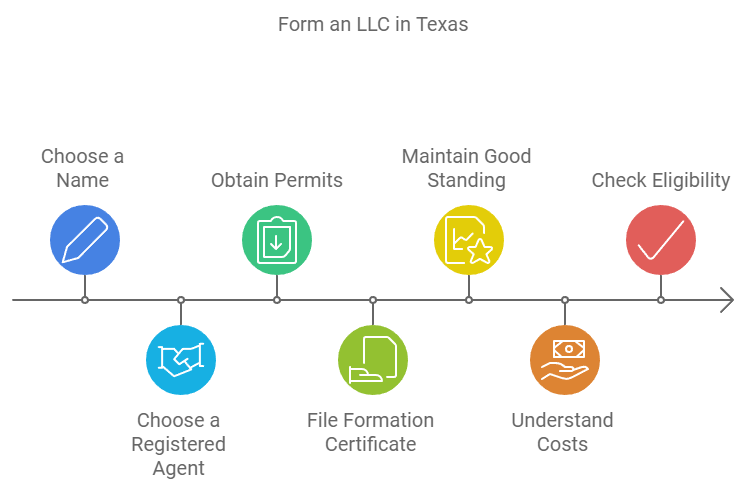Exeter, a charming city in the heart of Devon, is a fantastic destination for students from around the globe. Known for its rich history, stunning countryside, and vibrant student community, it’s no surprise that international students come to Exeter for their studies. However, as with any new city, understanding the cost of living is crucial, especially when it comes to accommodation. Whether you’re planning to live on-campus or off-campus, this guide will give you a clear idea of what to expect when budgeting for student housing in Exeter.
Types of Student Accommodation in Exeter
Students in Exeter have a variety of housing options to choose from, each catering to different budgets and preferences. These include university-provided halls of residence, private shared apartments, and individual studio flats.
- On-Campus Accommodation: University halls are often the first choice for new students, especially first-years. These are convenient and close to campus, offering the chance to integrate quickly into student life. Halls typically range from £120 to £250 per week, depending on the location and whether the room includes an en-suite bathroom or shared facilities.
- Private Shared Housing: Many students choose to move into shared apartments or houses after their first year. These cost between £100 and £150 per week, per person, making them one of the more affordable options. Living with roommates not only helps you save money but also fosters a sense of community.
- Studio Apartments: For those who value privacy and independence, studio flats are a popular choice. These come at a premium, often ranging from £170 to £300 per week. Studios are ideal for students who prefer their own space, as they typically include a bedroom, bathroom, and small kitchen.
What Affects the Cost of Accommodation?
The cost of accommodation in Exeter varies depending on several factors:
- Location: Proximity to the University of Exeter or the city center often means higher rental prices. Areas like St. James and Pennsylvania are popular among students for their convenience but may come with a higher price tag. Cheaper options can be found in slightly further areas like Heavitree or St. Thomas, which are still well-connected by public transport.
- Type of Housing: As mentioned, shared housing is generally more affordable than private studios or en-suite rooms. Choosing a shared flat or house can significantly reduce your expenses.
- Utilities: Some accommodations include utility bills in the rent, while others require you to pay separately for electricity, water, and Wi-Fi. Always confirm what’s included before signing a lease.
- Amenities: Properties offering extra facilities like gyms, study rooms, or laundry services may charge a higher rent. Consider whether these amenities are worth the added cost.
Cost Breakdown for Student Accommodation in Exeter
Here’s a rough estimate of weekly costs based on different types of student housing in Exeter:
| Type of Accommodation | Weekly Rent (Approx.) |
| On-Campus (Standard Room) | £120–£180 |
| On-Campus (En-Suite Room) | £180–£250 |
| Shared Private Housing | £100–£150 |
| Studio Apartments | £170–£300 |
For an average academic year of 39 weeks, you can expect to spend between £3,900 and £11,700 on accommodation, depending on your choice.
Saving on Accommodation Costs
Exeter may not be as expensive as London, but costs can still add up. Here are some tips to help you manage your budget:
- Book Early: The earlier you secure your housing, the better deals you’re likely to find. Leaving it too late may limit your options and lead to higher rents.
- Consider Sharing: Living with roommates is one of the easiest ways to save money. Splitting costs like rent, utilities, and groceries can significantly reduce your overall expenses.
- Look Beyond the City Center: While central Exeter is convenient, living slightly further out can save you a considerable amount of money. The city’s efficient public transport system makes commuting hassle-free.
- All-Inclusive Deals: Look for accommodations that include utilities in the rent. This helps you avoid unexpected bills and makes budgeting easier.
Other Living Costs to Consider
In addition to rent, you’ll need to budget for other living expenses while studying in Exeter. Here’s a quick breakdown:
- Utilities (if not included): £40–£60 per month.
- Food and Groceries: £30–£50 per week, depending on whether you cook at home or eat out.
- Transport: Around £15–£25 per month if you rely on public transport. Walking or cycling is a cost-effective and healthy alternative, as Exeter is a compact city.
- Entertainment: A movie ticket costs about £10, while a meal at an affordable restaurant ranges from £10 to £20. Many student discounts are available, so take advantage of them.
Conclusion
Finding the right student accommodation in Exeter doesn’t have to be stressful. Whether you prefer the social vibe of shared housing or the privacy of a studio apartment, there’s something for every budget and lifestyle.
With its blend of affordability, vibrant student life, and access to natural beauty, Exeter is an excellent choice for international students looking for a well-rounded study experience. Prepare wisely, and your journey here will be as comfortable as it is memorable.










